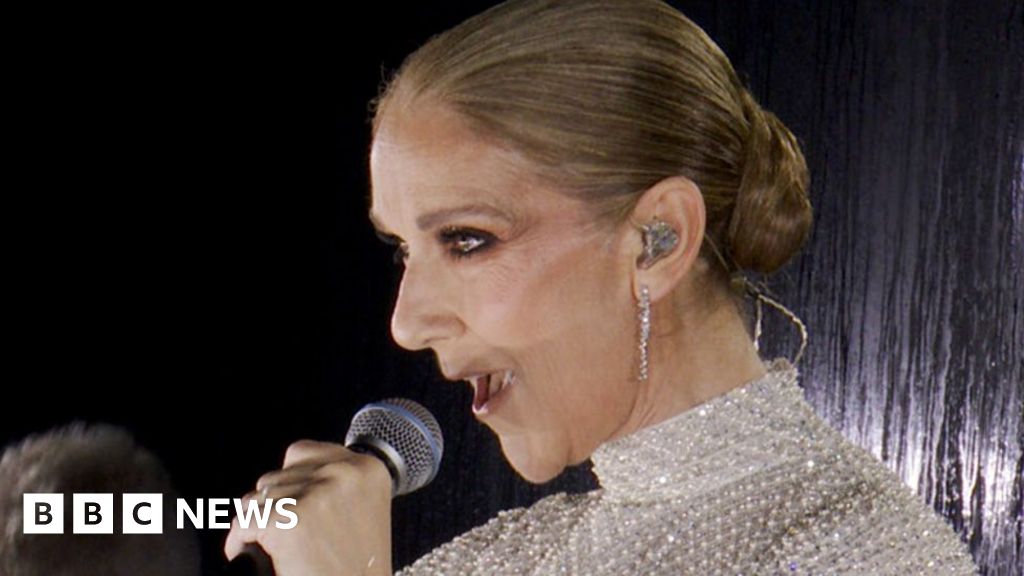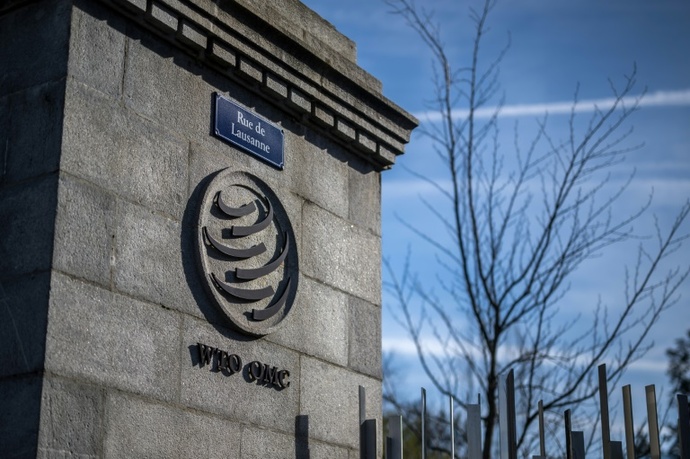Microsoft President Brad Smith said the tech company's high-profile deal with UAE-backed artificial intelligence company G42 may eventually include the transfer of advanced chips and tools — a move a senior Republican congressman has warned could have security implications. The nationalist.
In an interview with Reuters this week, Smith said the sale deal, reported here for the first time, could move to a second phase that includes exporting crucial components of the AI technology, such as model weights, the crown jewel. Artificial intelligence systems that determine how powerful they are. Smith said there is no specific timeline for phase two.
US officials have said that artificial intelligence systems could pose a national security risk, for example, by making things easier
Chemical, biological and nuclear weapons
. The Biden administration called for this in October
Manufacturer of the largest artificial intelligence systems
To provide details thereof to the United States Government.
Going forward, the deal will need approval from the US Department of Commerce. Microsoft executives said that the agreement contains guarantees to protect Microsoft technology and prevent its use by Chinese companies to train artificial intelligence systems.
However, these measures have not been announced, and some US lawmakers question whether they are enough.
The fact that negotiations between two private companies over terms and protections for the transfer of American technology took place behind closed doors has alarmed some lawmakers.
Michael McCaul, Republican Chairman of the Foreign Affairs Committee of the US House of Representatives, told Reuters that despite the significant implications for national security, Congress has not yet received comprehensive information from the executive branch regarding this agreement. Adequate precautions were not taken to protect sensitive American technology from Chinese espionage.
The Commerce Department already requires notifications and — in some regions — export licenses to send AI chips abroad. But the deal between Microsoft and G42 highlights loopholes in US laws as regulators scramble to keep up with fast-moving technology.
For example, there is currently no regulation restricting the export of AI models, although McCaul and a bipartisan group of lawmakers did so this week.
Legislation pushed forward
This would give the US authorities clearer powers.
Microsoft executives said that the company welcomes discussion about a new legal framework governing the transfer of artificial intelligence technology, and that the agreement with G42 requires the Emirati company to adhere to evolving American regulations.
“Fundamentally, we aim to ensure that American technology can move around the world safely and securely,” Smith said.
Outside the United Arab Emirates
When Microsoft and G42 announced the deal last month, it was said that G42 would move closer to the United States and expand American technology influence amid strategic competition with China. Microsoft is investing $1.5 billion in G42, and Microsoft Chairman Smith holds a seat on the company's board of directors.
The companies did not provide details about what technologies might be transferred to the UAE or other countries or what specific security precautions would be taken. Some of these details are published here for the first time.
Overall, the agreement aims for Microsoft and G42 to jointly deliver AI technologies in areas where neither can effectively do so alone. The first example is a deal in Kenya that the two companies announced on Wednesday.
The Microsoft-G42 deal is an agreement between the two companies that requires both companies to provide security guarantees to their governments. However, there is no direct agreement between the United States and the UAE regulating the transfer of sensitive technologies. The two companies could also look to transfer these technologies to other markets outside the UAE, such as: B. To Türkiye and Egypt, Microsoft executives said.
Smith said many details of the agreement still need to be worked out, including how to protect the AI's so-called “model weights,” the important part of an AI model that determines how it responds to questions or claims. These weights are obtained by training the AI model on huge amounts of data, which is often very expensive.
Model weights cannot currently be encoded while they are in use, and Smith estimates that promising technical approaches to this are still at least a year away.
Smith said Microsoft considered several alternative options to protect its technology, including a “vault within a vault” in which parts of data centers containing the AI chips and model weights would be physically separated from each other and physical access to them restricted.
“I think we will eventually end up with a regulatory regime or approach to export controls that is not limited to Microsoft and G42,” Smith said.
Under the Microsoft agreement, the G42 will also follow a “know your customer” rule to determine who uses Microsoft technology and will not allow Chinese companies to use it to train artificial intelligence models, Microsoft executives said. Regulators in the United States have proposed a similar rule but have not yet enacted it.
“We have made a strategic business decision to partner with U.S. companies on advanced technologies, and we recognize that in doing so, we must comply with our partners’ requirements and regulatory or export control regulations,” said Talal Al Qaisi, the executive director who oversees the partnerships. To Reuters about G42’s work in the field of artificial intelligence.
Under the agreement, Microsoft will have the option to impose fines on G42 and enforce them in an arbitration court in London, Microsoft said. Microsoft said this means Microsoft will not have to go through the UAE's legal system to ensure G42 complies with its obligations, and can seize assets in several countries if G42 violates the agreement.
It remains unclear how US Commerce Secretary Gina Raimondo will approve the agreement. Smith said the rulings were “informal” and that “with this commerce secretary, you pretty much know whether she's going to approve or deny something.”
In a statement, a Commerce Department spokesperson said any technology transfers would be subject to export controls, “including current licensing requirements” for AI chips and “potential future controls.” (Reporting by Stephen Nellis in San Francisco; Editing by Ken Lee, Chris Sanders and Claudia Parsons)

“Certified tv guru. Reader. Professional writer. Avid introvert. Extreme pop culture buff.”






More Stories
Technology – Dozens of WTO member states agree on global rules for online commerce
AI-powered traffic lights are now being tested in this city in Baden-Württemberg.
The use of artificial intelligence in companies has quadrupled